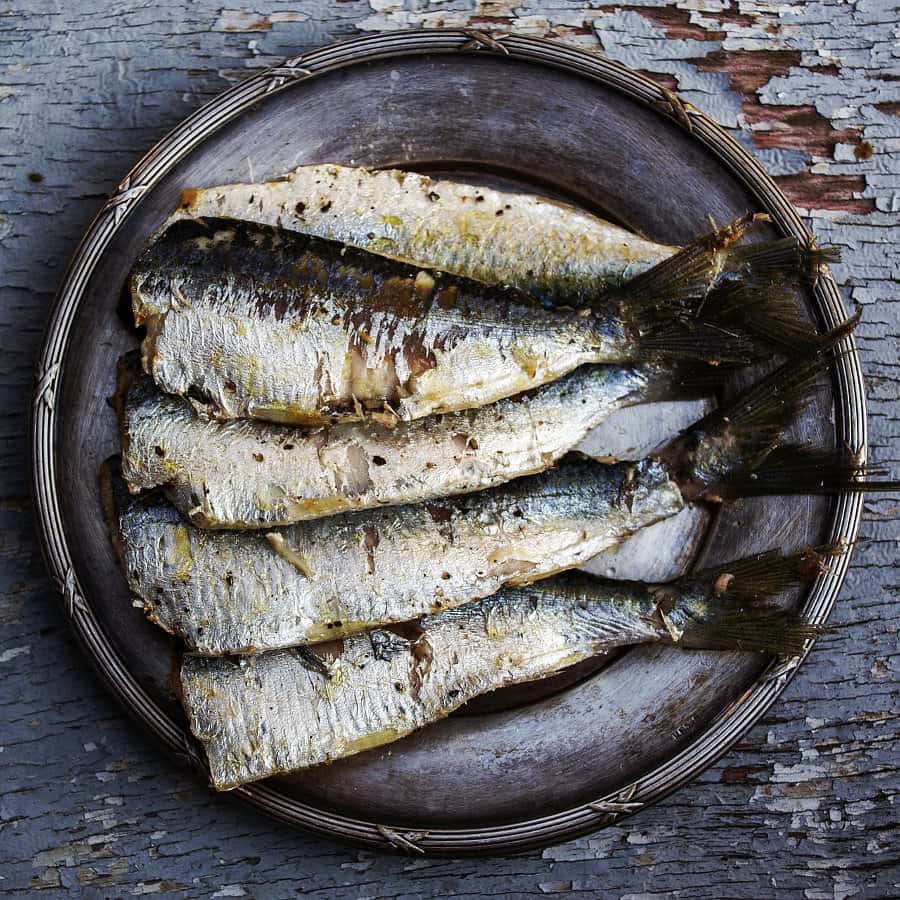
Colorectal cancer rates declined starting in the mid 1980s. That may have been due in part because of regular screening through colonoscopy. Lately, though, that trend has reversed, especially among younger Americans. Could supplemental vitamin D help lower their risk?
What Is Driving Colorectal Cancer in Younger People?
One group has experienced a rapid increase in colorectal cancer. That is young adults under the age of 50. They have seen their incidence of this malignancy double since the 1990s. Investigators have speculated that diet, inflammation and disruption of the gut microbiome (called dysbiosis) could account for the rise, individually or together.
Could Vitamin D Help Prevent Colorectal Cancer?
In a new study, investigators analyzed data from 50 cohort studies that included more than 1.3 million participants (Nutrients, April 15, 2025). They point out that the active form of vitamin D, calcitriol, is critical for regulating calcium and phosphorus, controlling inflammation and inhibiting uncontrolled cell growth.
Maintaining 25-hydroxyvitamin D levels above 80 ng/mL reduced the risk for colorectal cancer by about 25% compared to that for people with 25-hydroxyvitamin D levels of 10 ng/mL. That is a relative risk; the study report did not offer information on absolute risk reduction. The difference between 10 and 80 ng/mL is very big, since 10 or under signifies deficiency, whereas scientists think that any level above 30 is just fine.
Do You Need to Take a Supplement?
In the summer, people who spend time outdoors in the US may not need supplemental vitamin D. During the winter, however, many people probably do. Those who live in more northern states are especially likely to have low blood levels of 25-hydroxyvitamin D. Although the RDA for Americans is 600 IU of vitamin D for those under 70 years old, the scientists conducting the analysis published in Nutrients suggest that supplement doses should be individualized and may need to reach 1,000 to 4,000 IU daily.
Previous Research on Vitamin D and Colorectal Cancer:
This is not the first study to find a link between vitamin D levels and the risk for colorectal cancer. An earlier study in the journal Gastroenterology suggested that lower levels of vitamin D might play a role in the increased incidence of colorectal cancer (Gastroenterology, July 7, 2021).
The researchers followed more than 90,000 women who have participated in the Nurses’ Health Study II, which began in 1989. Regular dietary surveys revealed how much vitamin D these volunteers got from their diet. The greater the intake of this nutrient, the lower the risk for developing colon polyps or early-onset colorectal cancer. The protection seemed clearer for women getting their vitamin D from foods such as oily fish, eggs and fortified dairy products than for those taking supplements.
The authors concluded:
“Our results further support that vitamin D may be important in younger adults for health and possibly colorectal cancer prevention.”
Even Earlier Hints of a Link Between Vitamin D and Colorectal Cancer:
A previous study from Europe suggested that the higher your blood levels of vitamin D, the lower your risk of developing colorectal cancer (British Medical Journal, online Jan 22, 2010). The EPIC study, which stands for European Prospective Investigation into Cancer, enlisted over 500,000 adults from 10 countries. None of the subjects had cancer at the start of the study. Vitamin D levels were measured at that time.
After several years, 1,248 people had come down with colorectal cancer. The investigators matched them to 1,248 EPIC participants who were not diagnosed with cancer and compared the vitamin D levels. Those with the highest blood levels of this hormone at the start of the study were 40 percent less likely to have developed colorectal cancer.
From these studies, we have two different ways of answering the question, can vitamin D help protect people from colorectal cancer? Both blood level and dietary intake data strongly suggest that it can. To answer the question about whether vitamin D supplements will provide protection, though, we need a randomized controlled trial.
Learn More:
If you would like to know more about vitamin D, you may wish to read our eGuide to Vitamin D and Optimal Health. In this online resource, you can find information about where to find it and how much you might need, as well as symptoms of low vitamin D levels.
Citations
- Fekete M et al, "Vitamin D and colorectal cancer prevention: Immunological mechanisms, inflammatory pathways, and nutritional implications." Nutrients, April 15, 2025. https://doi.org/10.3390/nu17081351
- Kim H et al, "Total vitamin D intake and risks of early-onset colorectal cancer and precursors." Gastroenterology, July 7, 2021. DOI: 10.1053/j.gastro.2021.07.002
- Jenab M et al, "Association between pre-diagnostic circulating vitamin D concentration and risk of colorectal cancer in European populations:a nested case-control study." British Medical Journal, online Jan 22, 2010. doi: https://doi.org/10.1136/bmj.b5500

